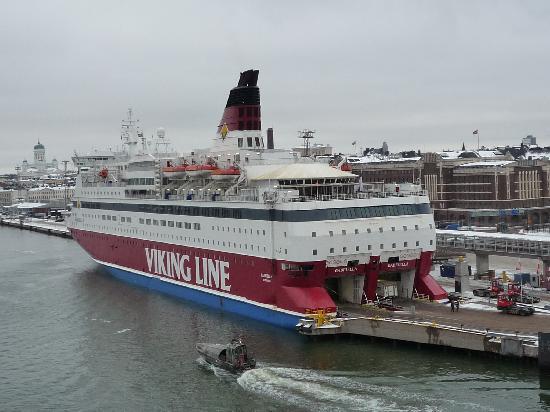Democrat March-April 2012 (No.128)
Monti II -
New EU Regulation on Right to Strike
Has Monti 11 resolved Viking and Laval decisions on right to strike? Keith Ewing of Institutue of Employment Rights says there "is nothing of merit" in the Monti 11 Regulation.

In a recent Briefing from the Institute of Employment Rights, he argues that the first Draft Monti 11 Regulation reflects a failure to understand the serious implications of the Viking and Laval decisions, and a failure to address the changing nature of human rights law insofar as it affects the right to strike.
On 21 March the second Draft Regulation was released. At an IER Round Table Discussion that day, Keith Ewing argued that the Regulation writes into law the bad legal decisions of the Viking and Laval cases. This would allow national courts to determine the legality of future strike action based on the principles set out in Viking and Laval , that is whether the action was proportionate, necessary and reasonable. In other words EU legislation and ECJ decisions have been imposed on national courts.
Both the TUC and the ETUC have also rejected the proposal which they say will restrict still further the right to strike.
Viking is a case that concerned the Finnish ferry company which replaced Finnish seamen with a Latvian crew using much lower rates of pay and conditions. This was challenged by the transport unions who took the dispute to the ECJ.
The Laval case arose from a Latvian building firm using Latvian labour at Latvian rates of pay in Sweden where collective bargaining was in place. The Swedish trade unions objected and the dispute ended up in the European Court of Justice (ECJ) which decided against collective bargaining. The EU’s court supports the free movement of labour as well as capital.